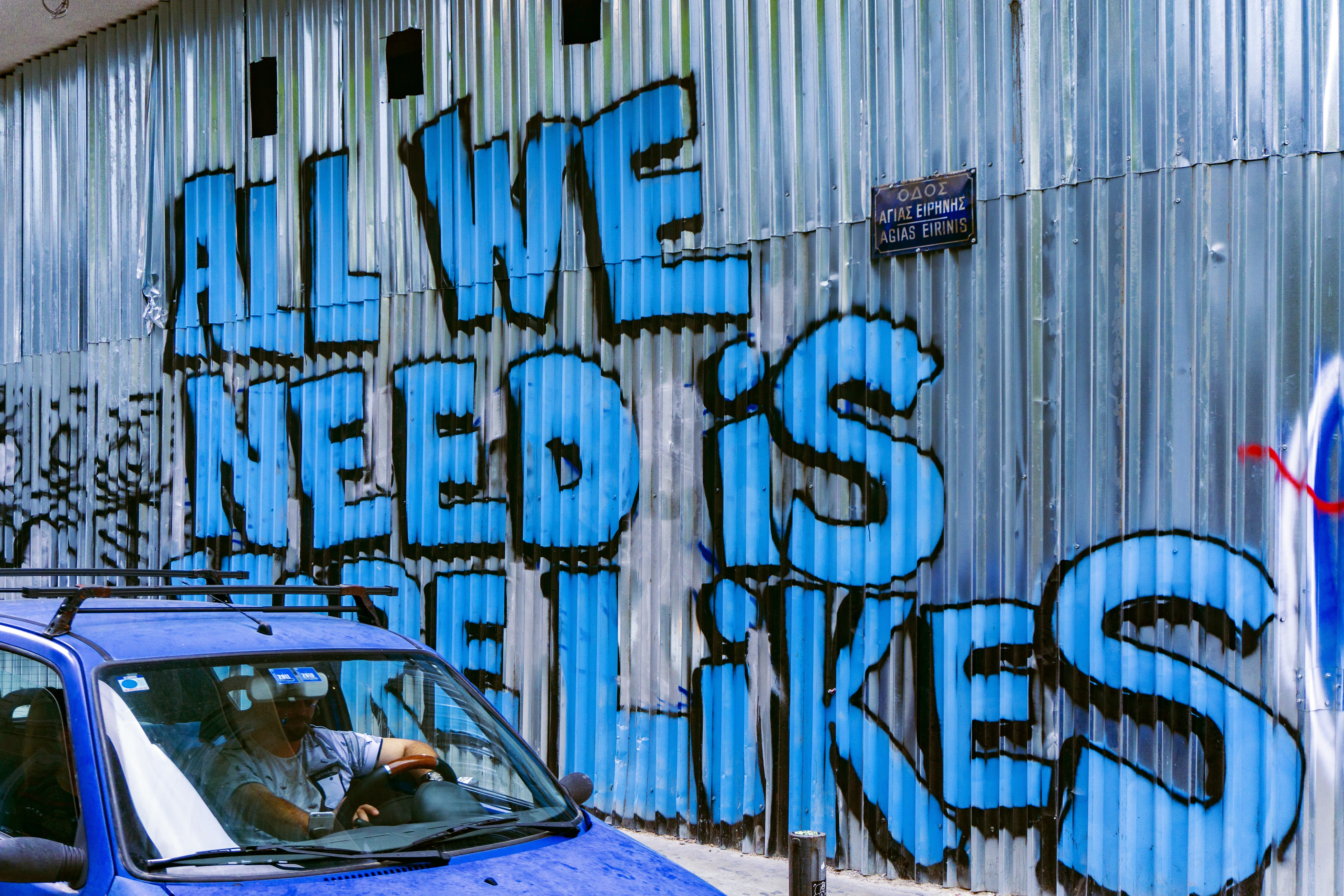 We're in a volatile political climate in the United States and are heading into what will be an interesting election. Whether it’s a twitter storm or fake news, there’s plenty of ammunition for social media fights over political beliefs. And recent research found that general social media use has a negative effect on political knowledge, which may only fuel the fire in upcoming months.
We're in a volatile political climate in the United States and are heading into what will be an interesting election. Whether it’s a twitter storm or fake news, there’s plenty of ammunition for social media fights over political beliefs. And recent research found that general social media use has a negative effect on political knowledge, which may only fuel the fire in upcoming months.
Crystal Ferreira teaches a class on strategic political communication that addresses this topic and points to a well known example - Trump’s twitter account. “Think about the countless tweetstorms that Trump has fired off since the start of his political campaign,” says Ferreira. “They are often so outrageous that they become the leading news story. For example, Trump tweeted that four congresswomen of color, known collectively as 'The Squad', should go back to where they came from. While not agreeing with what he said, Ferreira commented “if you can reserve judgment to look beyond the tweets, you can start to see Trump's strategy. The media pivots away from other big stories when Trump starts firing off tweets.”
This strategy is a common one used to redirect attention from a negative or politically embarrassing news story. Ferreira points out that when this happens, it “immediately gets hidden by an offensive or outrageous tweet that the president sends and then the media, and people on social media, endlessly discuss.” Referring to the example of The Squad, Ferreira noted this happened after Trump vetoed a bipartisan bill that would have limited the sale of weapons to Saudi Arabia to be used in the ongoing war in Yemen. She says “Yemen is currently the largest humanitarian crisis in the world. Three-quarters of the population do not have food. However, that news story was barely covered because the media was so focused on the offensiveness of Trump's tweets.”
Ferreira noted that Trump didn't lose any supporters over his tweets about The Squad. But she commented, “He might have lost supporters if they learned about him vetoing two major bipartisan bills that would've limited the sale of weapons to Saudi Arabia that are used to bomb civilians in Yemen.”
It’s not just the candidates that are fueling the fire online. Everyone using social media has a level of personal responsibility for their actions and reactions in the political world. "General social media political digressions are exemplified by the blind leading the blind effect. The vested interest is in ego expression and being the prevailing voice, as opposed to a public policy or course of action, which would be more intellectually-demanding. Use of political social media requires a degree of knowledge, and hopefully, sourcing to advance an argument that can withstand the challenge of a response that follows,” says Stacy Harris, with Stacy’s Music Row Report
Participation in uninformed social media discussion about politics also impacts how voters view each other, not just candidates. “Because the extremes of both parties are reflected in the media and in social media, individuals begin to identify people from the other party as worse and farther apart than they are. The media and social media confirms this false belief,” said author Monica Bourgeau.
Adding to that, Bourgeau points out that ”individuals with extreme views are the most vocal and spend the most money to support politicians. The Russell Effect is named after Bertrand Russell who said, 'The whole problem with the world is that the fools and fanatics are always so certain of themselves, and wiser people so full of doubts.' ”
Austin Iuliano, a social media consultant, believes it’s more complicated than politicians and voters. “We have individuals to blame for this discord, but we also have larger entities at play - the companies behind the algorithms that are designed to keep people on a site,” says Iuliano. “When algorithms are working well, it will bring up content that we want to learn more about. This is fantastic when we use the internet to educate ourselves and teach ourselves new skills. But these same algorithms push us more and more into bubbles that only show us a single point of view. We have to actively seek other points of view or find communities where there is more political discussion.”
Bourgeau has concerns about where we’re heading. “Our increased tribalism causes us to block, unfriend, or hide others with opposing views. Over time, this creates an echo-chamber in our social media and the algorithms show us more things that they know we will like and less of those we don't. This increases our beliefs that people from the other side are enemies and farther from our views.”
Experts agree that responsible use of social media and insight into one’s own behaviors and beliefs are key to mature discussions in today’s political climate. It is also about learning to not react to - or believe - everything we read on the internet.
Tina Arnoldi, MA is a marketing consultant and freelance writer in Charleston SC. Learn more about her and connect at TinaArnoldi.com